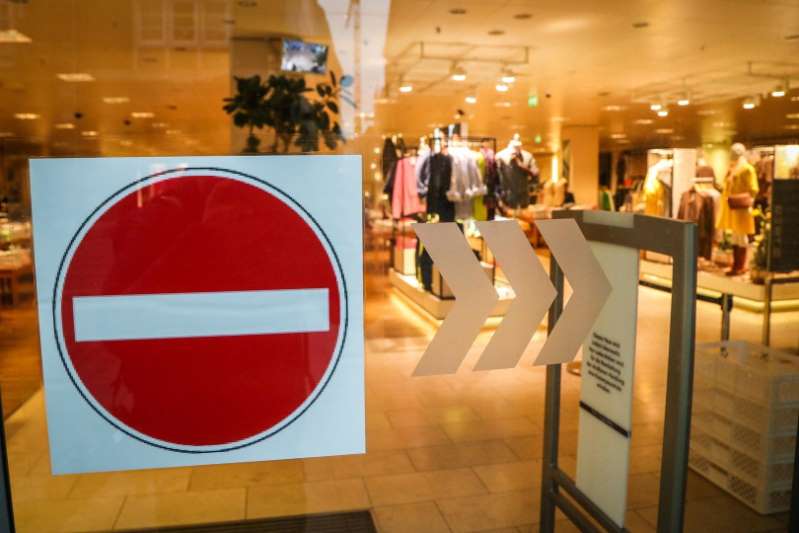Monika Schnitzer warns of prejudice. Only a small part of the added value is affected. Experts warn of business deaths.

The German economy Monika Schnitzer has warned against a prejudice by the government for the latest decisions in the fight against the corona crisis. “We can hold out for quite a while,” she told the “Rheinische Post ” (Friday) with a view to the burdens on the economy from the effects of the lockdown.
The closed retail trade and companies from the leisure sector are particularly affected. “In the entire economic structure, however, these areas only make up a small part of the added value.” If corona aid were now used sensibly, she was “very confident that we will have outgrown the crisis in a few years without there being any deep social cuts for people or tax increases.”
Schnitzer also praised the fact that the federal and state governments had drawn up a multi-week plan for the first time. “A lot of people have wanted that for a long time, because then you can plan better.” The so-called economic modes are an advisory body for the German government. The official name of the body, which consists of top economists, is “Advisory Council for the Assessment of Overall Economic Development”.
Many industry associations, especially in the retail sector, had reacted indignantly to the resolutions of the federal and state governments late on Wednesday evening, and the criticism of the industries affected continued. “Numerous toy retailers go to the dogs,” warned the Federal Association of Toy Retailers (BVS). “The drama is that our forced closure doesn't even save lives,” they say. Shopping in stores has never been dangerous. “If the lockdown is extended until after Easter – as planned – the dying will spread in the inner cities.”
The Robert Koch Institute (RKI) rates the risk of infection in retail and its contribution to infection as “low” – this is what it says in a strategy paper published by the RKI (“ControlCovid”) in mid-February 2021. For this reason, however, the paper does not recommend a general opening of the retail sector beyond shops for everyday needs.
The Federal Association of the Concert and Event Industry (BDKV) also complains about the resolutions as “completely unacceptable”. Association President Jens Michow told the newspapers of the Funke Mediengruppe that the federal and state governments had once again failed to give their industry a perspective on the conditions under which events could take place again. “The industry's nerves are on edge.”
The fitness studios have had an opening perspective since Wednesday evening. “But this is linked to conditions that are difficult to implement or influence for companies,” said the Employers' Association of German Fitness and Health Systems (DSSV). The required incidence value is difficult to achieve given the currently stagnating numbers and partial opening. And: “Solutions through rapid tests sound promising at first, but many details about the implementation are not yet known, although these decisions are too long in coming.”

